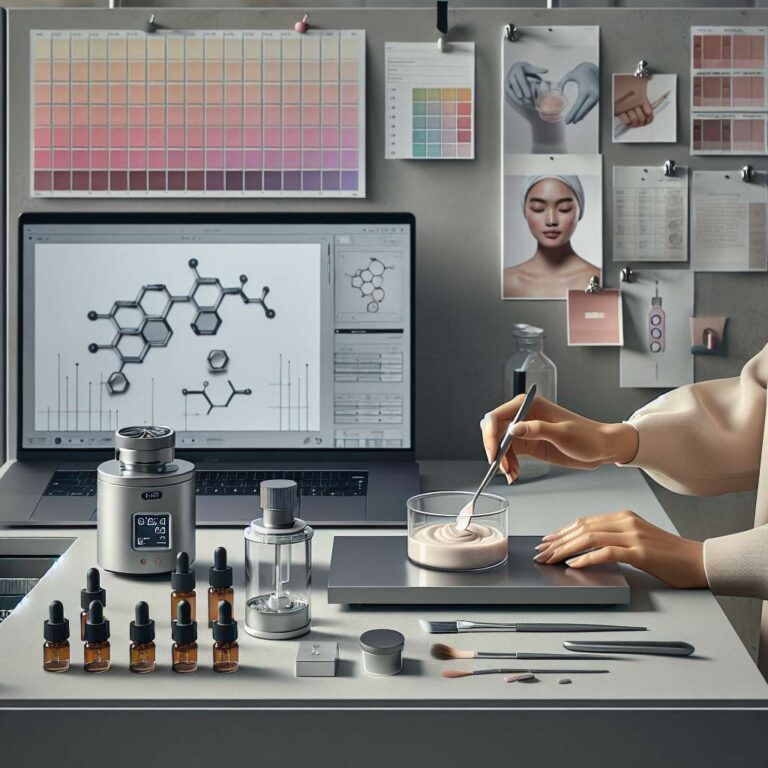L´Oréal is placing artificial intelligence at the heart of its mission to redefine beauty, with CEO Nicolas Hieronimus positioning the company as a trailblazer in the emerging field of ´beauty tech.´ Speaking at Viva Tech 2025 in Paris, Hieronimus detailed how the French cosmetics leader is deploying generative and agentic artificial intelligence throughout its operations to enhance both product innovation and customer engagement. He stressed that leveraging the company´s vast troves of data—approximately 16,000 terabytes—and forming partnerships with top tech entities are critical to remaining competitive in the rapidly evolving sector.
Among L´Oréal´s advancements is the Lancome Cell Bioprint device, described by Hieronimus as a ´small lab on a chip,´ capable of diagnosing biological skin age and predicting potential issues in just minutes. Artificial intelligence has also enabled the creation of Beauty Genius, an agentic virtual assistant offering tailored advice and hyper-personalized product recommendations—already amassing over 400,000 consumer interactions and poised for further rollout, including on platforms like WhatsApp. On the commerce front, L´Oréal has launched Noli, a multi-brand artificial intelligence-powered beauty shopping platform designed to boost consumer confidence and reinvent the online shopping experience.
The integration of artificial intelligence extends beyond consumer-facing tools and into the company´s research and development processes. L´Oréal´s teams now employ generative artificial intelligence for molecular screening and accelerated product formulations, facilitating faster innovation cycles. Additionally, marketing teams are supported by a content lab that uses generative artificial intelligence to create customized campaign imagery for social and eCommerce platforms. Despite these advances, Hieronimus emphasized that human intuition and creativity will remain vital. He asserted that the true future of the beauty industry hinges on a blend of human ingenuity and technical amplifications, not the replacement of human insight by machines.

